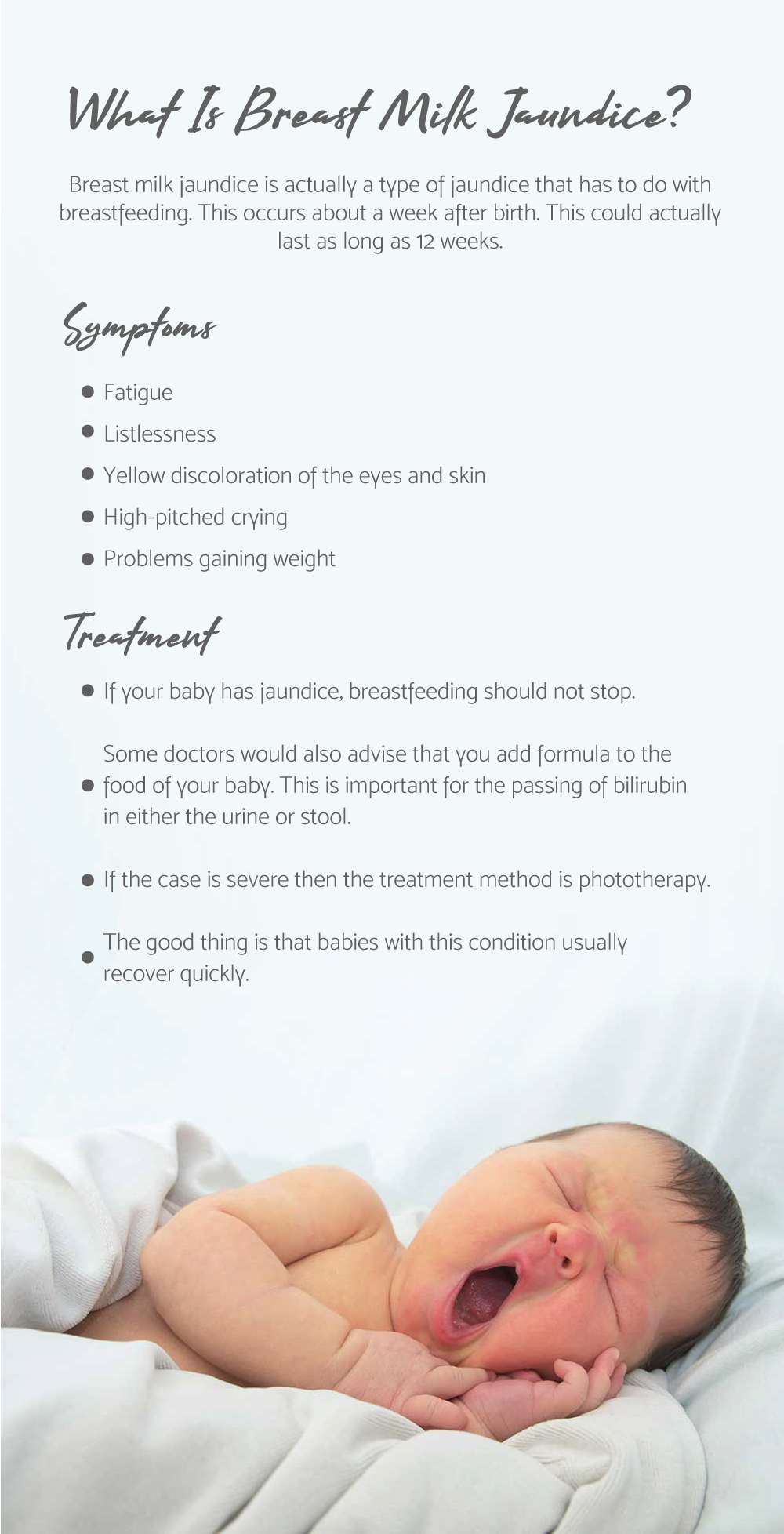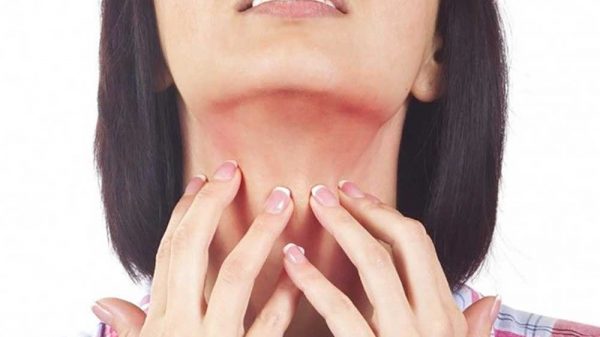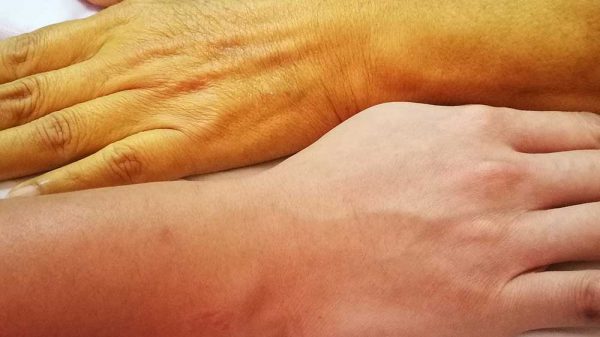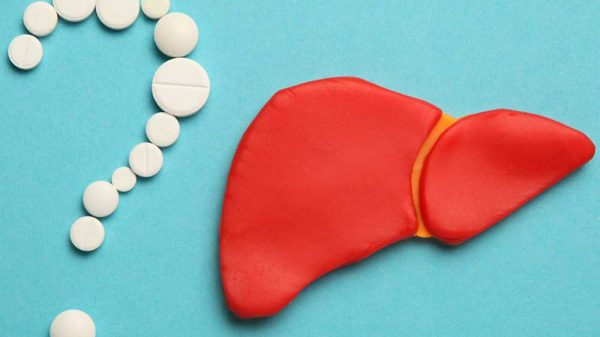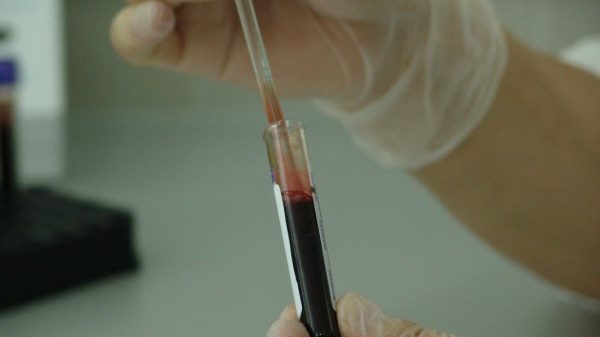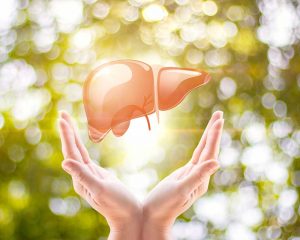Jaundice is one of the common conditions that affect newborns. And there happen to be different types of jaundice. One of the different types of jaundice that affects newborns is breastmilk jaundice. You might be wondering, does this even make any sense? How can breast milk cause jaundice? Well, you will find out what this condition is all about. There are certain signs and symptoms that come with this condition. We will be looking at all that today. So if you are interested in finding out more you have to stick around.
We all know that breast milk is the most important fluid for newborns. That’s why it’s advised that within the first hour of birth a baby must be breastfed. Breast milk comes with a lot of nutrients that help with the growth and development of the child. We all know that for about 6 months your child should be solely feeding on breast milk. After that, you can start to introduce water and soft foods. With all these, you can tell how important breast milk is for the child. So how can something so beneficial cause harm to the baby? That’s a mystery that would be unraveled as we go on.
What Is Breast Milk Jaundice?
Jaundice is referred to as the yellowing of the eyes and the skin. And this is caused by increased bilirubin in the blood. So what is bilirubin? This is a yellow pigment that is gotten from the breaking down of hemoglobin.
Usually, bilirubin passes through the liver and then enters the small intestine. The thing though is that in newborns their liver isn’t fully developed. And because of this, they can’t perform their functions yet. The fact that the liver of a newborn can’t remove bilirubin from the blood causes jaundice.
Breast milk jaundice is actually a type of jaundice that has to do with breastfeeding. And this occurs about a week after birth. This could actually last as long as 12 weeks. The good thing though is that if your baby is healthy and well-fed, complications would most likely not arise.
This type of jaundice is actually rare. And it affects less than 3% of babies. Even when it happens it doesn’t cause anything in the body. And usually, it would go away on its own. It’s okay to keep breastfeeding your child even with this condition.
One thing though that you must take note of is that breastmilk jaundice isn’t the same as breastfeeding jaundice. The latter is actually a result of a lowered intake of breast milk by the baby. Babies that have breast milk jaundice get enough milk. And they also latch well on the breast.
If you notice any sign of jaundice on your baby make sure you go for a checkup. Don’t just overlook the small signs. The doctor would be able to check if it’s because of any other underlying condition. Make sure you don’t leave your child unattended to medically. In some cases, it could lead to some complications.
There are certain symptoms that accompany breastmilk jaundice. And the symptoms are:
- Fatigue
- Listlessness
- Yellow discoloration of the eyes and skin
- High-pitched crying
- Problems gaining weight
Causes and Risks of Breast Milk Jaundice
Here’s the thing, the exact cause of breast milk jaundice is not known. But it could actually be because of some substances present in breast milk. Some of the substances can prevent the breaking down of bilirubin. Usually, it runs in families.
Infants, when born, are born with a high amount of red blood cells. And when their body starts to remove old red cells bilirubin is produced. That’s why there’s actually an accumulation of bilirubin.
Doctors haven’t been able to get to the root of the cause of breast milk jaundice. It is assumed that it could be as a result of substances that are present in the breast milk. And these substances most likely block the action of proteins that help with the breaking down of the substance bilirubin.
Well, since the exact cause is not known, most of the risk factors are not known. But then again we have the idea that genetics can be a risk factor for this condition. So if you have a family history of breast milk jaundice then the chances of having this condition increases.
Treatment
If your baby has jaundice, breastfeeding should not stop. Make sure you keep breastfeeding your child. This condition is a temporary one that would go away with time. Make sure that you don’t deprive your baby of the nutrients present in breast milk because of this condition.
For mild or moderate conditions you can actually deal with this at home. Most times the doctor would instruct that you breastfeed more during this period. Some doctors would also advise that you add formula to the food of your baby. This is important for the passing of bilirubin in either the urine or stool.
If the case is severe then the treatment method is phototherapy. This can be done in the hospital or in your home. During this period the baby is exposed to a special type of light. This would last for about 1-2 days. What the light does is that it changes the structure of bilirubin. By changing the structure of bilirubin, it would easy for bilirubin to be excreted out of the body. During this period the eyes of your baby are either closed or protective glasses is used. This is to avoid damaging the eyes.
The good thing is that babies with this condition usually recover quickly. As long as the right treatment is followed and they are carefully monitored. After a few weeks, it is expected that there will no longer be any form of yellowish discoloration. If it lasts for more than 6 weeks then that can be indicative of an underlying condition. If that’s the case, make sure you carry your baby for a checkup.
That’s all we have for you for breast milk jaundice. Hopefully, you now understand what this condition is all about. And the things you should do if your baby has breast milk jaundice.
